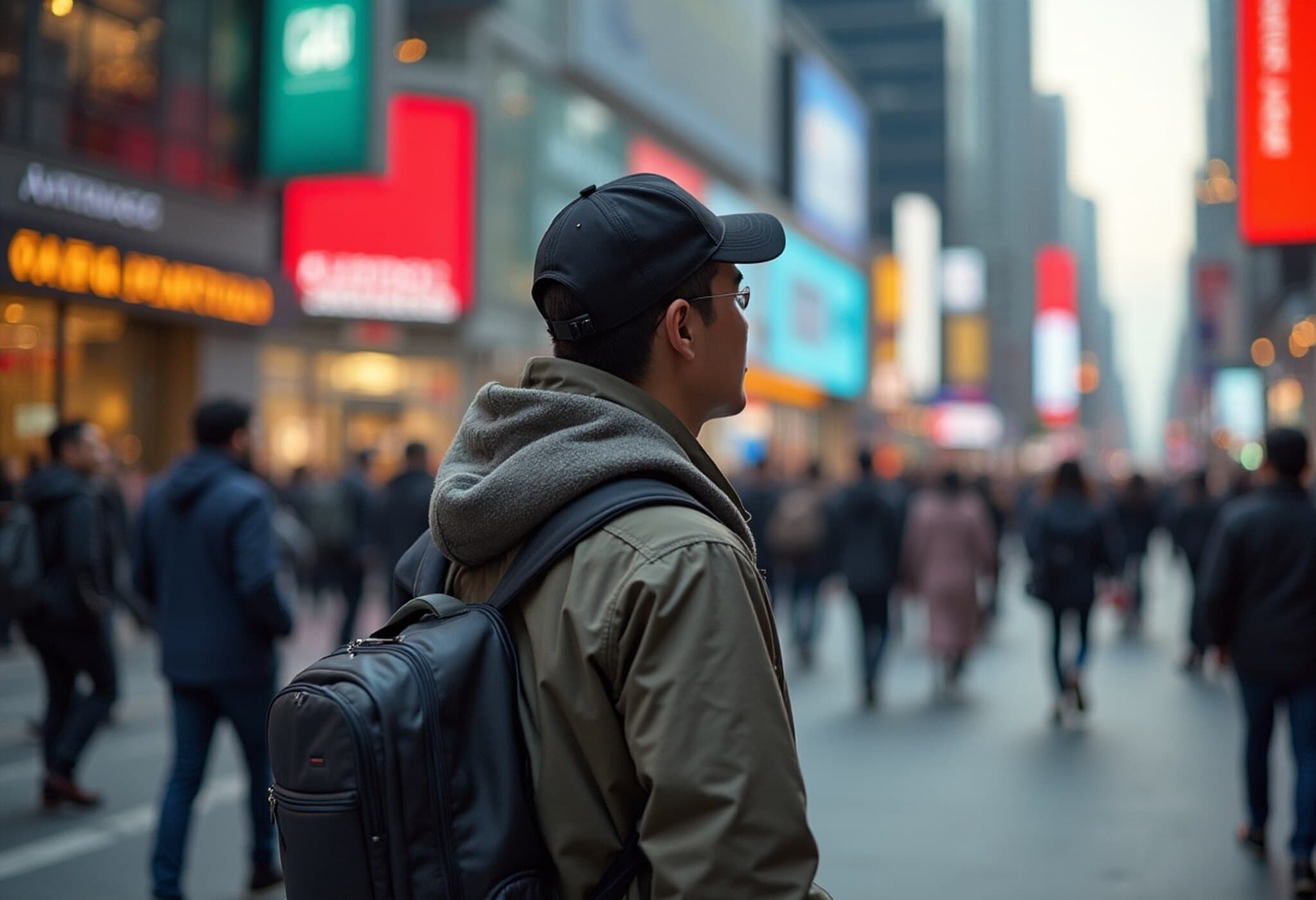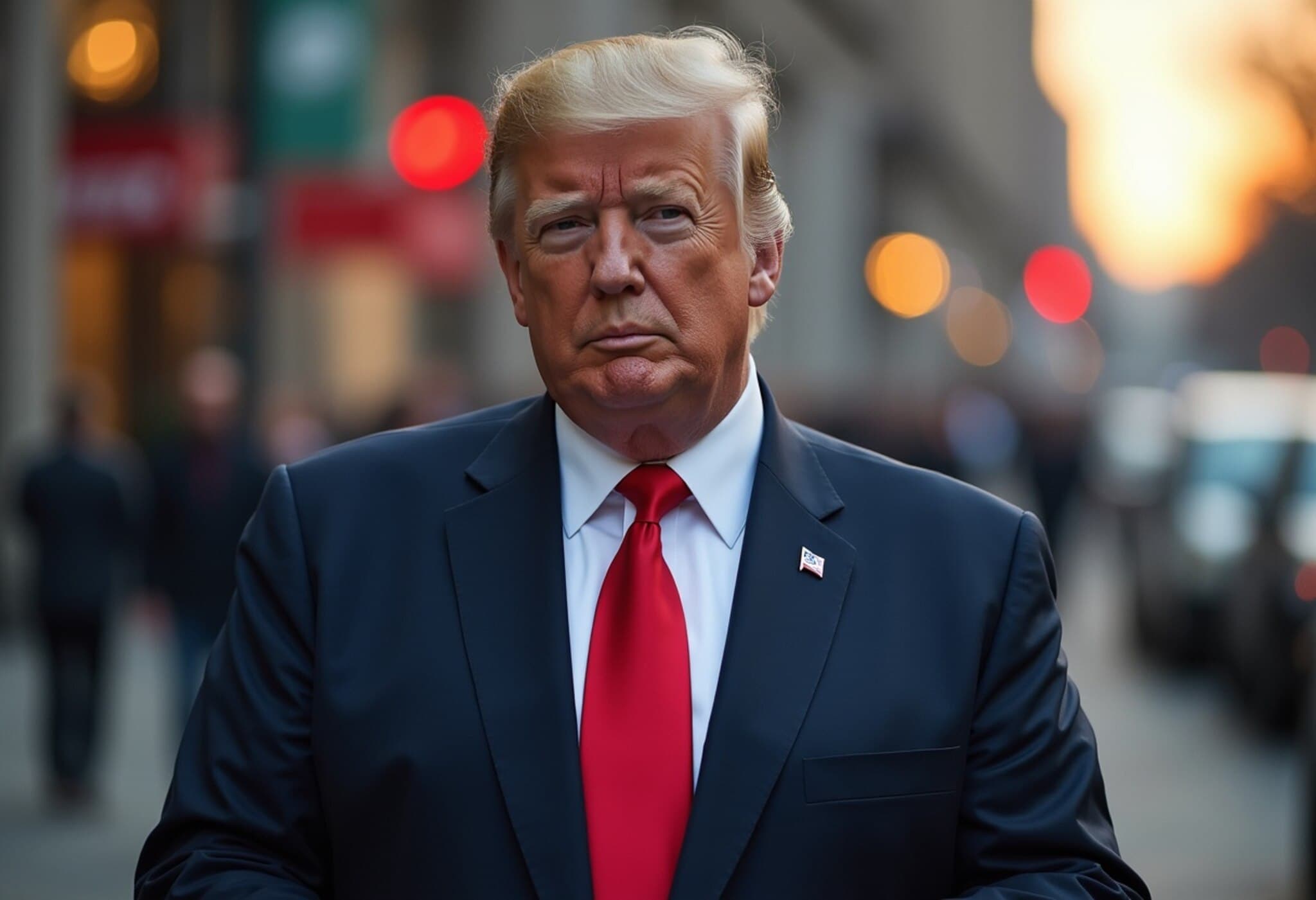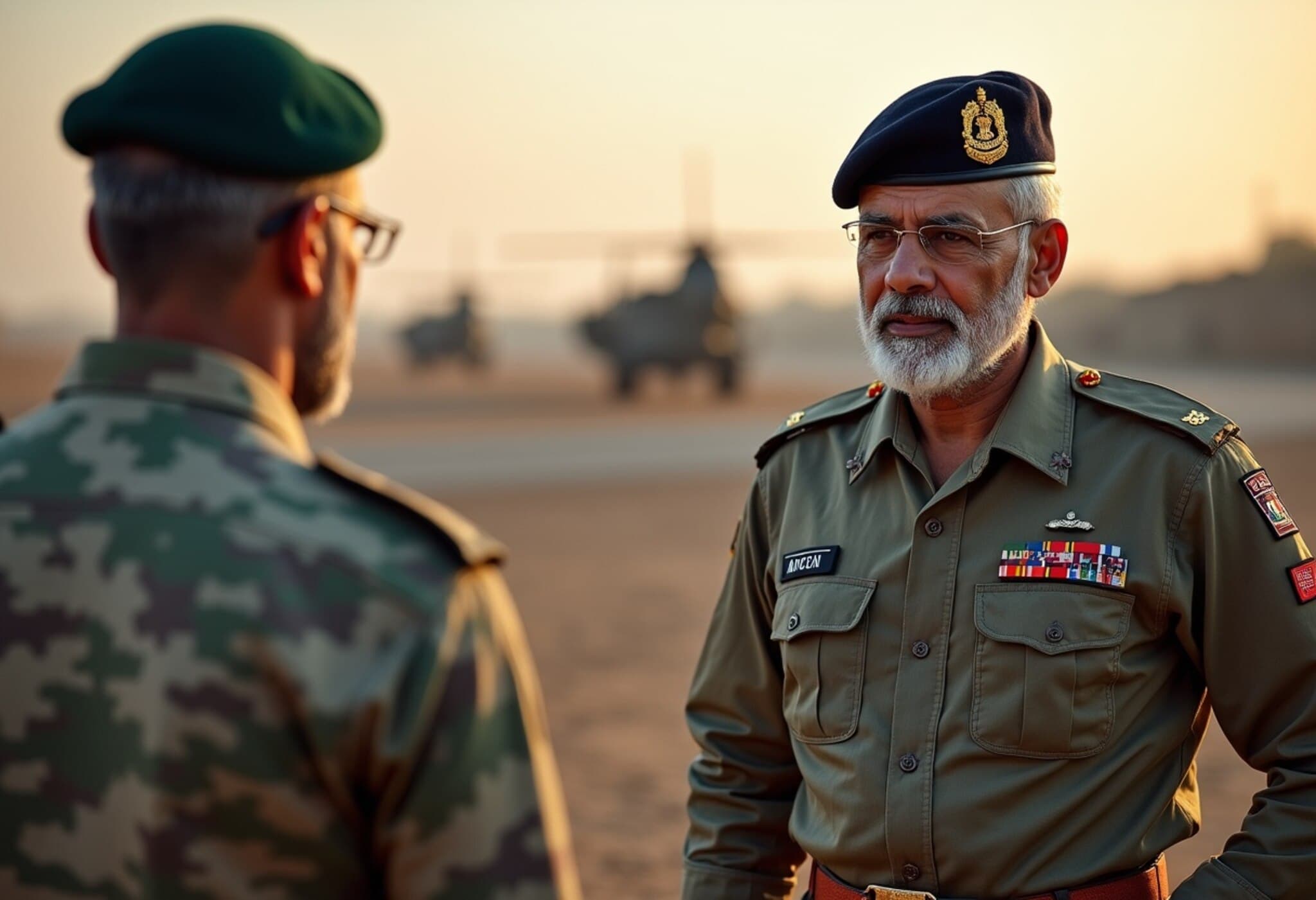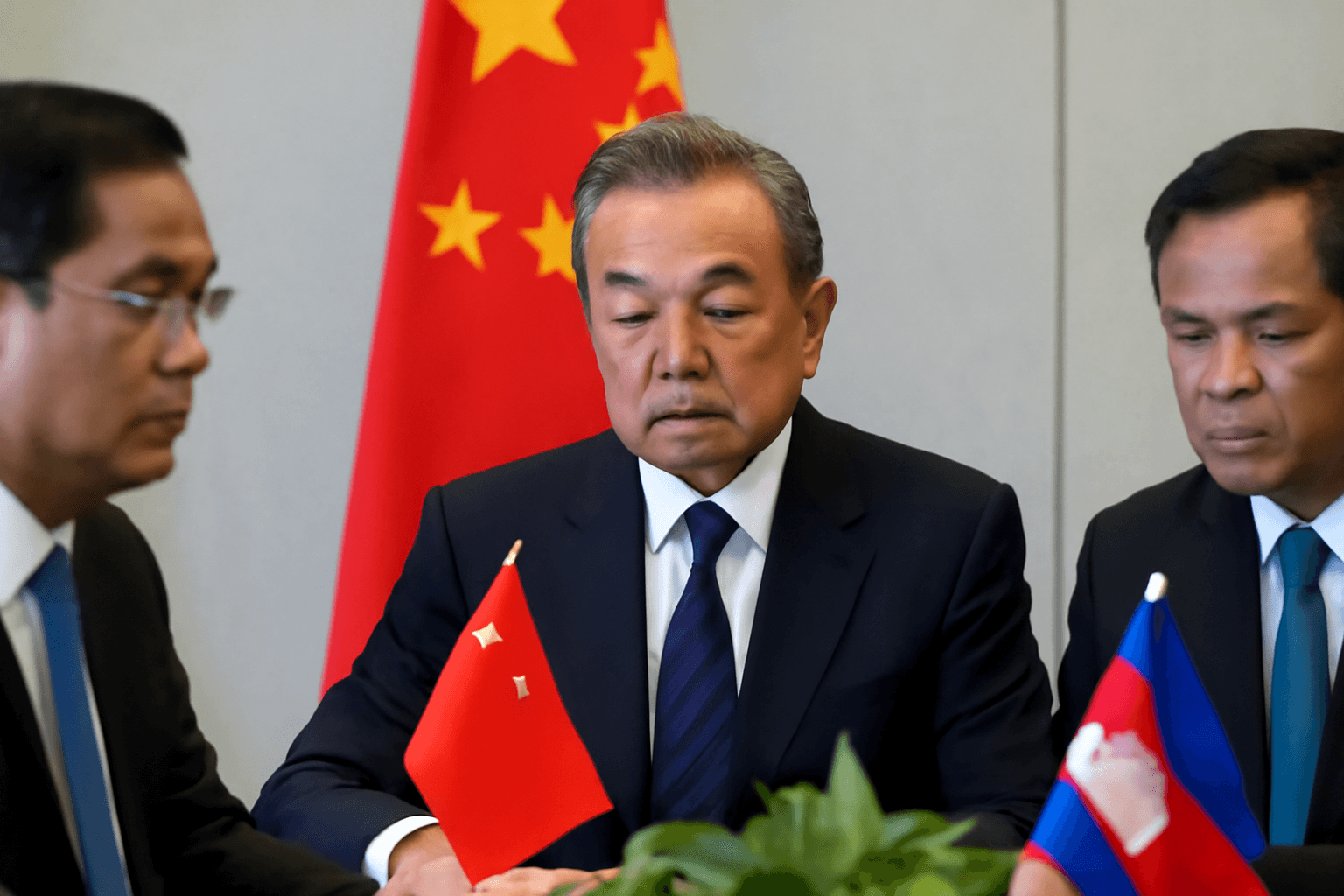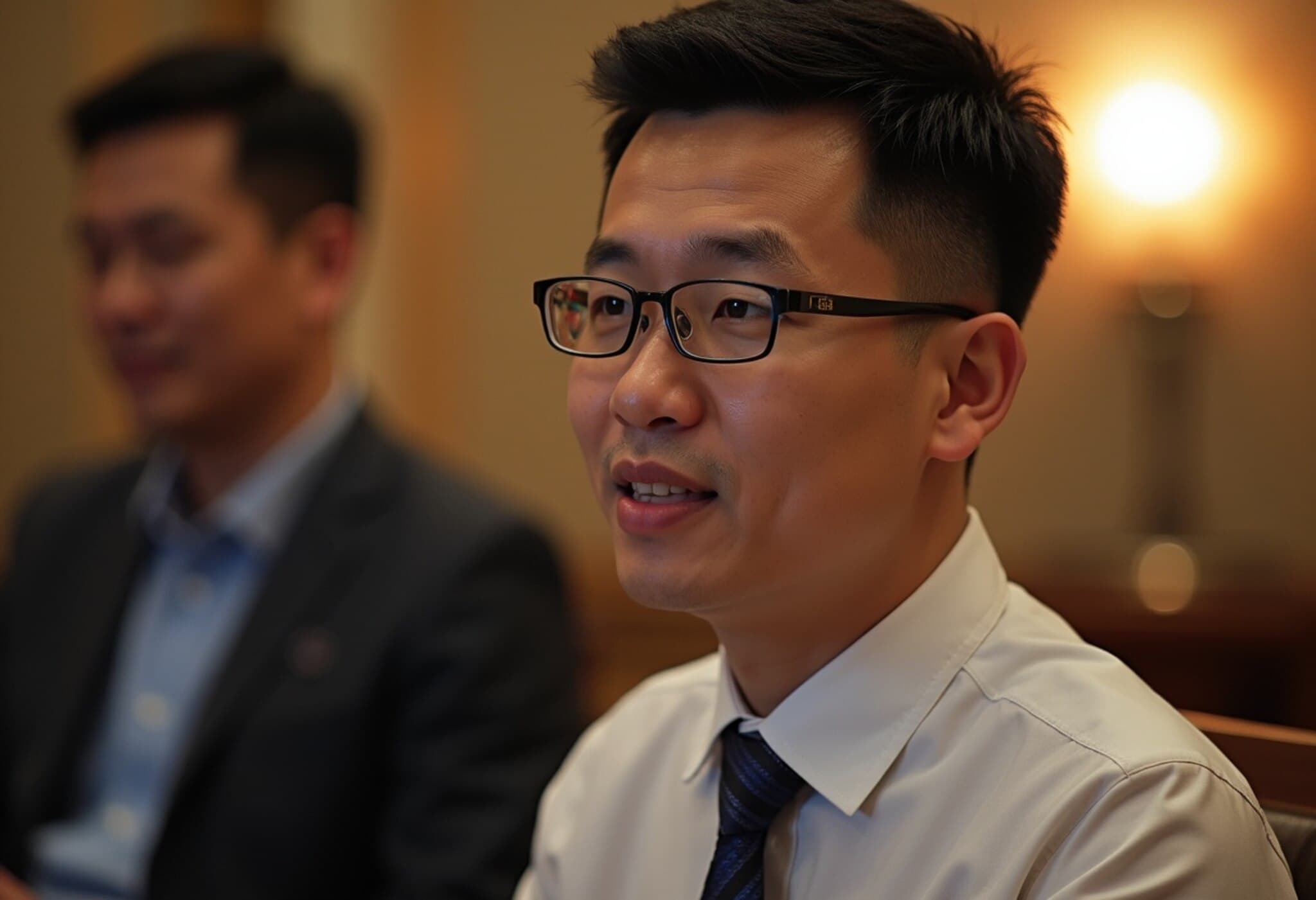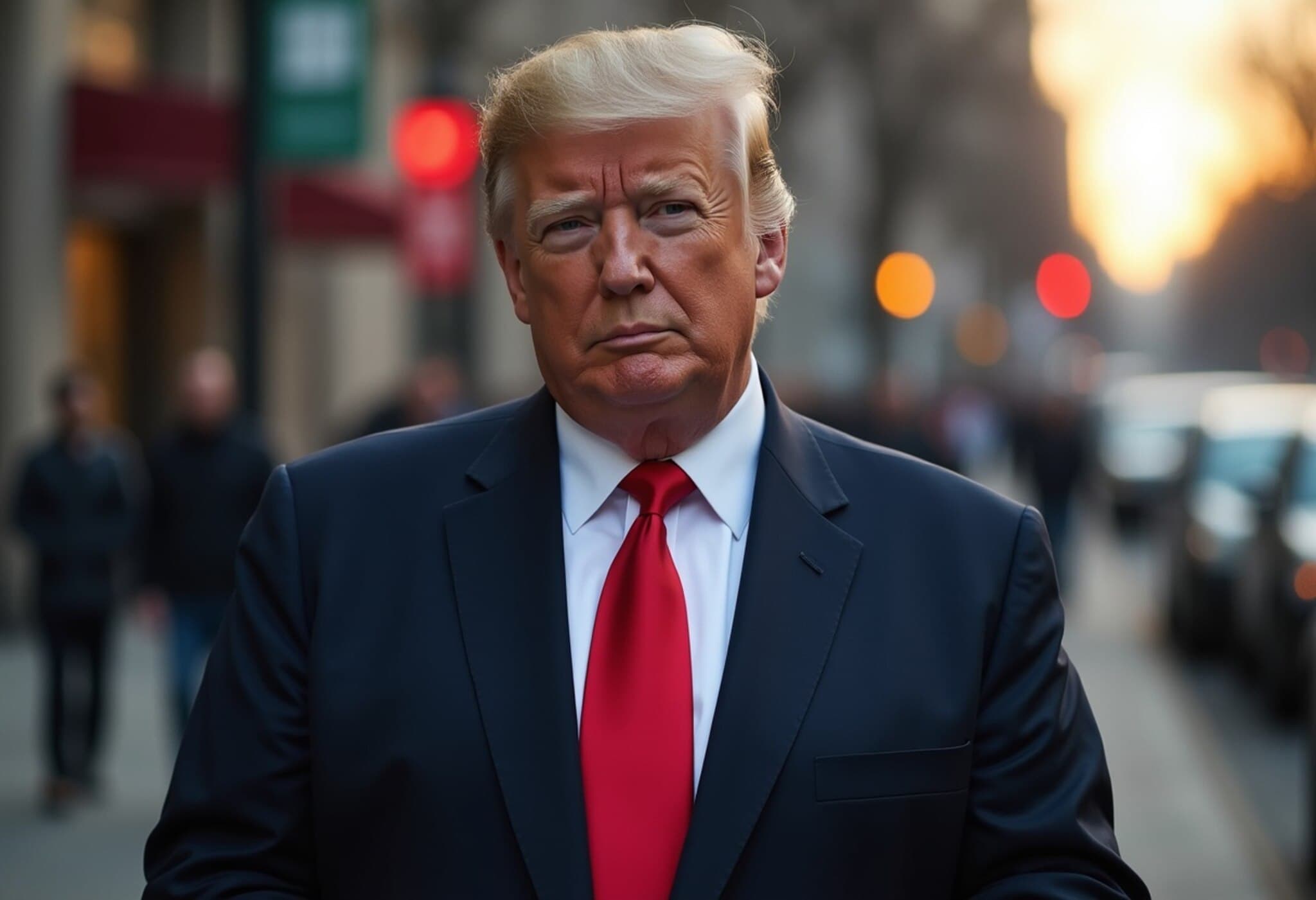Singaporeans Show Growing Reluctance Toward Traveling to the U.S.
Recent data reveals a striking trend among Southeast Asian travelers, with Singaporeans notably stepping back from planning trips to the United States. According to a new survey of 6,000 travelers across six Southeast Asian countries, 55% of Singaporeans indicated a decline in their interest to visit the U.S. this year, far surpassing their regional peers. Meanwhile, only 7% expressed increased enthusiasm for traveling to the U.S., underscoring a significant shift in perception.
Safety Concerns Top the List
The survey, conducted by market research firm Milieu Insight between late May and early June 2025, highlights that Singaporeans exhibit higher levels of anxiety around visiting the U.S. Unlike travelers from Indonesia, Vietnam, Thailand, the Philippines, and Malaysia, Singaporeans expressed elevated concerns related to:
- Personal safety in the U.S. (+13 percentage points compared to regional average)
- Potential discrimination or unfair treatment (+17 percentage points)
- Gun violence fears (+20 percentage points)
- Government policies associated with former administrations (+18 percentage points)
- Risks surrounding immigration and border detentions (+13 percentage points)
One expert offers insight into this heightened caution. Zilmiyah Kamble, senior lecturer in hospitality and tourism management at James Cook University, explains that "Singapore’s exceptionally low crime rates cultivate high safety expectations among its citizens." Given that Singapore consistently ranks as one of the safest countries worldwide, its residents tend to measure other nations—including the U.S.—against this high standard.
The Impact of Gun Violence Perceptions
Unlike Southeast Asia, where firearms are relatively rare and tightly regulated, the ubiquity of gun-related incidents in the U.S. has become a red flag for many Singaporeans. University student Cayla Tham shared, "It’s less about politics or tariffs and more about how accessible guns seem to be. I feel like the regulations aren’t strictly enforced here, and that’s worrying." Similarly, traveler Kimberly Kwok noted recent media coverage on hate crimes against Asian communities in America as another deterrent.
Information Sources Shape Perceptions
The survey also unearthed interesting differences in how Singaporeans obtain news. Unlike other Southeast Asian countries where social media dominates, Singaporeans rely more on traditional local and international news sources. This distinction possibly explains why Singaporeans hold more consistently cautious views about the U.S., as they are exposed to a broader spectrum of verified information rather than predominantly social media narratives.
Immigration and Visa Experiences Fuel Unease
Despite Singapore boasting one of the world’s most powerful passports, allowing visa-free or visa-on-arrival access to numerous countries, concerns around U.S. immigration controls linger. About only 60% of Singaporeans expressed confidence that they would pass through U.S. immigration smoothly, compared to 78% from the rest of Southeast Asia.
Singaporean visitor Tiffany Ng expressed anxieties around ethnic profiling, saying, "I worry about being detained or scrutinized at immigration because of my Chinese heritage." Others like Rahul Jain echo broader worries, citing challenging past experiences with U.S. border scrutiny and the country’s social issues—crime and poverty—as reasons to stay away.
Big Picture: What Does This Mean for U.S. Tourism?
The U.S. has long been a top destination for global travelers, including Southeast Asians. However, these insights highlight a nuanced and evolving visitor sentiment influenced by safety perceptions, political climate, and social issues. Tourism officials and policymakers may need to rethink strategies to reassure international visitors, particularly from countries with stringent safety expectations like Singapore.
Underreported Angles and Critical Questions
- How can U.S. authorities enhance communication and transparency around immigration procedures to alleviate fears of ethnic profiling?
- Are public safety campaigns and hate crime prevention efforts sufficiently visible and reassuring to Asian communities abroad?
- Could targeted outreach through trusted news channels in Singapore improve understanding and reduce misconceptions?
Editor’s Note
As Singaporeans increasingly view the U.S. as a less safe and welcoming destination, the broader implications ripple beyond tourism numbers. For policymakers and stakeholders, this shift demands thoughtful engagement addressing the root causes of traveler apprehension—from gun violence to immigration hurdles. Readers are invited to reflect on how media consumption shapes international perceptions, and how bridging cultural and informational divides can foster safer, more inviting global travel landscapes.

